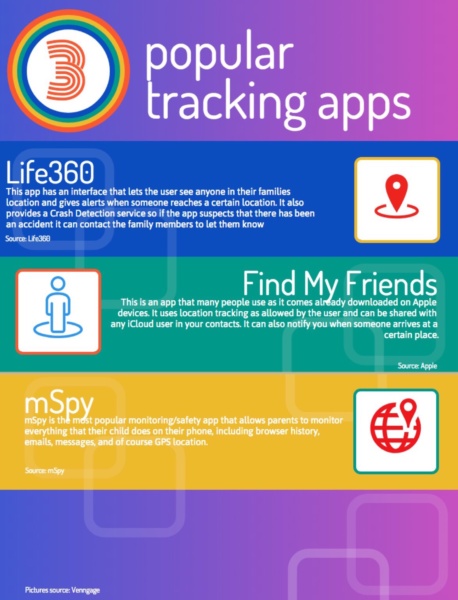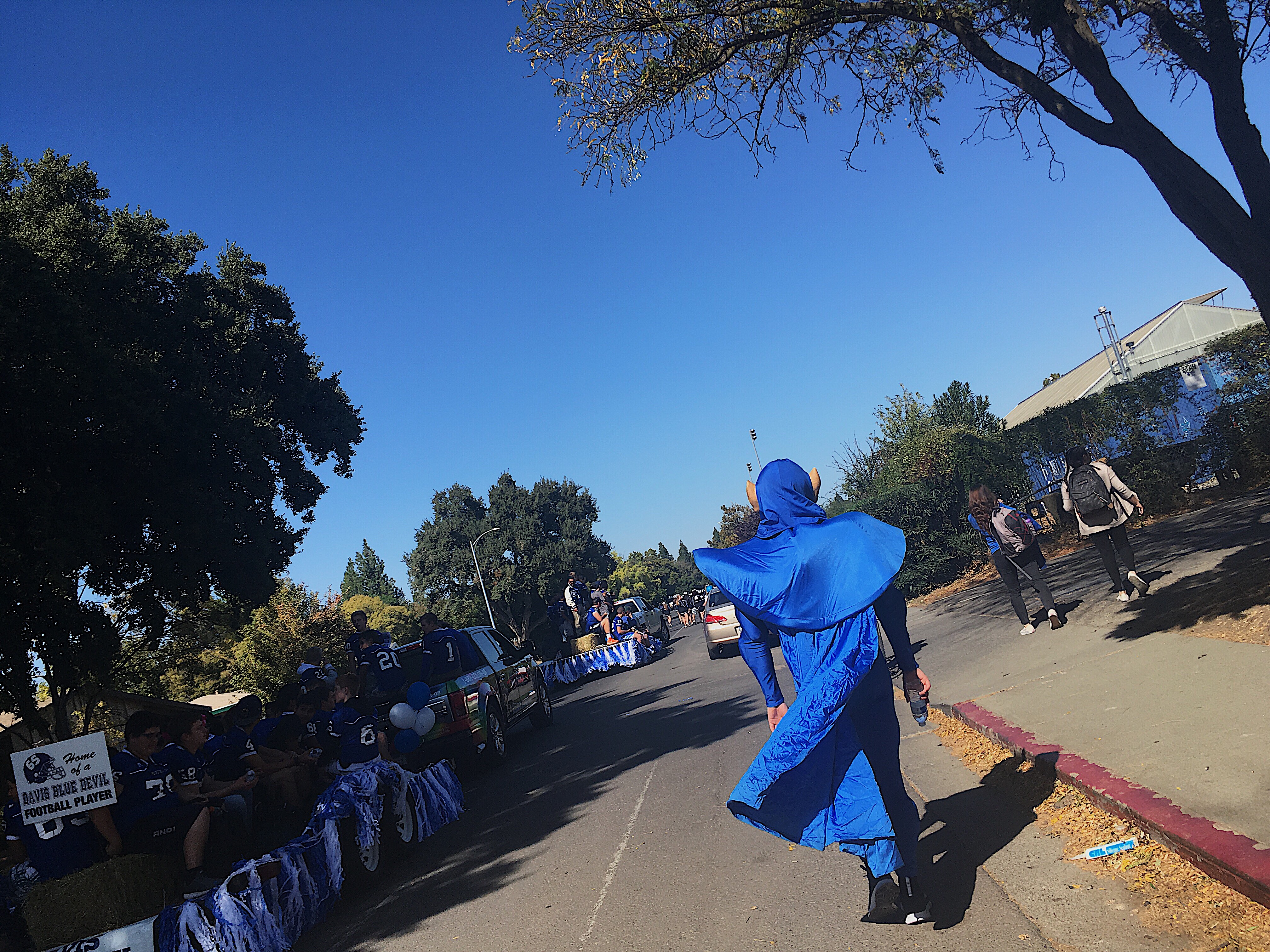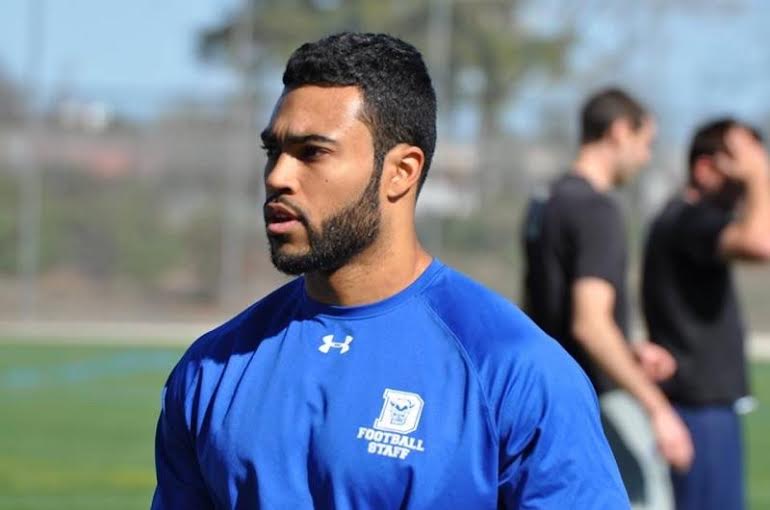Tracking teens–terrific or terrible?
By Clara Ault,
BlueDevilHUB.com Staff–
Sylvia Enriquez sits on her couch on a Saturday night watching TV with her husband, but her mind is elsewhere. Her daughter, Davis High sophomore Eliana Enriquez, is out with friends.
Despite her power to track her daughter with the push of a few buttons on her iPhone, Enriquez resists the urge to check; she doesn’t want to invade her daughter’s privacy.
Still, she worries for Eliana’s safety. “I [track my kids’ location] because we parents worry … it’s unusual to feel at ease, [so tracking can] make sure they’re safe, supposed to be where they’re at [and it’s] easy to check,” Enriquez said.
A Pew Research Center study found that 16 percent of parents track their teenagers. As the use of technology grows in popularity, questions are being raised on whether tracking is a breach of a teenager’s privacy.
When a tracking app is downloaded or activated on someone’s phone and given access to the phone’s location, people can see where whoever they have added on that app are at all times.
Some apps, such as Life360, can even see how fast a person is traveling in cars and what route that kids take to get somewhere.
David Hessl, a UC Davis adolescent psychologist and father of three, disagrees with the idea of tracking teens for the most part.
“I think tracking them when there is no major problem going on with the teen or between the teen and parents is going to make the teen feel that they are not good enough, too tightly controlled and then they might act out or resist to exert independence,” Hessl said.
A study on tracking teenagers’ location at the University of Central Florida concluded that tracking can cause paranoia for both the parent and the child, as the child feels their trust has been betrayed and the parent can now hound what the child is doing.
Junior Arianna Reuben recalls a time she duped the GPS on her phone. She felt guilty for not being honest with her parents but she snuck out anyway.
“I was going to be out late with my friends and I know they don’t like me to be out past 11 so I used my old phone and switched it so that that phone was sending out my location. Then I left that phone at my friends’ house and went out,” Reuben said.
Junior Cooper Welsh tries to be honest about where he is, but he doesn’t think he should be tracked. “I think it’s a violation of my privacy because when [my parents] were our age they didn’t have this technology, and I should get the same experience … sometimes it’s not their business.” he said.
However, in some instances–for example, when a teen has been continuously lying about where they are or abusing drugs and alcohol–tracking them might be a good use of technology in order to ensure their safety.
“Assuming the teenager is compliant with keeping the phone with them, an advantage might be useful in families that are trying to re-establish trust about activities and whereabouts of the teen after a pattern of problems,” Hessl said.
Sophomore Nathan Lee gets tracked by his parents the old fashioned way, sans technology,
Just because he doesn’t get tracked doesn’t mean his parents don’t know where Lee is. “[I tell my parents where I’m going] for the most part … let’s say I’m going to a party, I will tell them where I’m going to be, where the house is, but not what’s going to be there,” Lee said.
Families need to find the balance of caring for their kids and over parenting. “Above all there has to be communication between teenagers and parents, as we are here to guide them in their lives,” Enriquez said.



